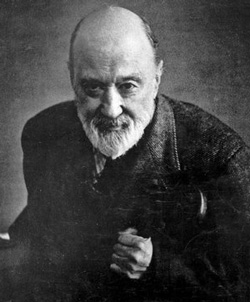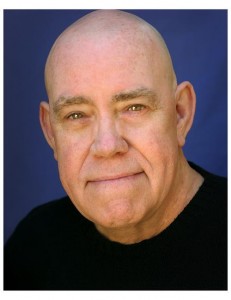
Charles Ives
Written by Harry Clark
Music by Charles Ives
1M: John Schuck as Charles Ives
2M: pianist and singer & orchestra
“Music is life. It’s the pleasure of seeing it grow and feeling that it is not finished, and the hope that it never will be. It’s the anticipation of things to come, the 4th of July, waiting for sweet corn to ripen, or the circus.”
Charles Ives
“The humiliation. The time I had a movement of my Fourth Symphony tried out at Town Hall? Eugene Goossens, the great maestro, exclaimed, “My dear boy, I don’t know what happened after the down beat!” As I left the hall I overheard one man ask another: “Is Debussy dead?” “Yes,” he answered. “Is Ives dead?” he queried. “No, but he oughta be.” After the inspiration comes the humiliation.”
Charles Ives
Charles Edward Ives is the seminal American composer, creating a body of music so personal and so not of-its-time that by the 1940s, when his music began to garner the attention of a younger generation of musicians, Ives had long since given up creative endeavors due to ill health and an isolation from musical life itself.
As an old man he recollects the past and the things that give his life meaning: his father; his wife, Harmony; Emerson and Thoreau; his struggle to compose while building an insurance company worth millions. The script, culled from his letters, books and recollections of friends, is a vivid picture of a New England original.
I love Ives, even his secondary stuff, for you can feel him tinkering, tinkering, half garage band, half Thomas Edison. And his good stuff? The Unanswered Question, many of his songs, much of his chamber music, solo piano works and symphonies—in a single measure you recognize the author, and this is a sign of an original mind. A mind that thinks of music as open-ended, not closed; or, as he wrote, his music is not: groove-made, even-measured, indoor-smelling, priest-taught, well-harmonized, well-voice-led, well counter-pointed, well corrected, well OK’d proper forms of stained-glass beauty.

